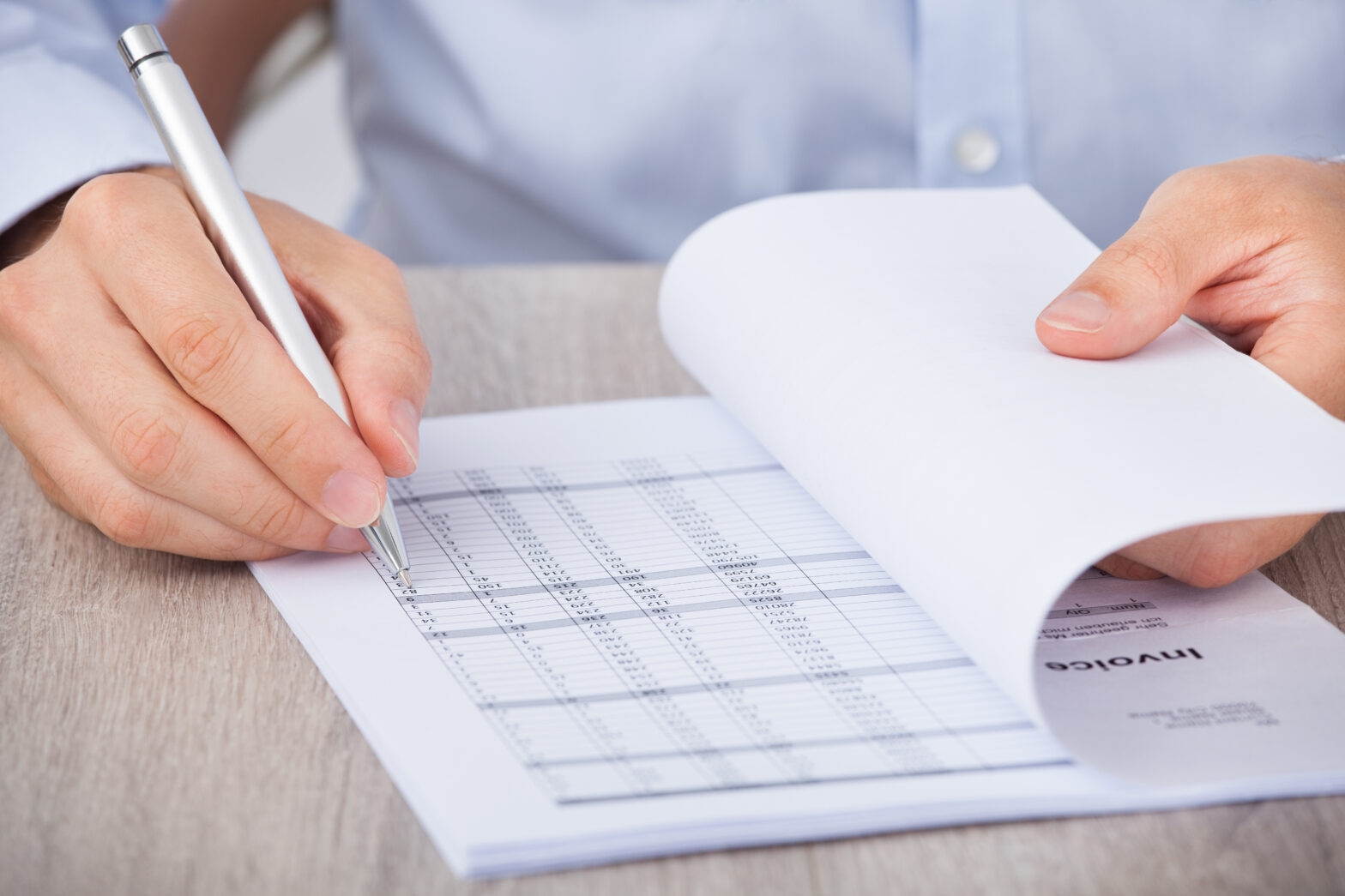The final days of summer are getting closer, which means many business owners may be looking at squeezing in a final break before getting back to the grindstone.
But August also represents a great opportunity to make some changes to your business to get it primed and ready to go once things pick up again in autumn. This is especially true when it comes to your bookkeeping, as you can take advantage of seasonal downtime to fix errors, tidy your records and improve the way you manage your financial data.
Ensure your bank account balance matches your accounts
The cornerstone of your business’s finances is its bank account. Remember that cash is the lifeblood of your business and without an adequate flow of money it may struggle to survive, so you need to regularly keep track of how much cash you have in your business bank account.
If you’re not already doing so, check whether you can set up an automatic feed to pull this data from your bank straight into your accounting software in order to minimise data entry errors. Then make sure you check at least weekly, if not daily, to make sure that your bank balance is correct in your accounts and that all your transactions have been recorded. And remember if your bank balance in your accounts doesn’t match what’s in your bank, you’ll have to look back and find the difference; it won’t go away!
Get your invoices up to date
If your business issues invoices to customers, take advantage of your summer downtime to check through your books and ensure you’ve sent invoices for all the work you have done to date. There’s nothing worse than waiting for the money you’re owed, but then finding that you never actually asked your client to pay you!
It’s a good idea to also check your list of open invoices. Sometimes there might be some invoices that haven’t been paid because the customer’s just forgotten about them and you haven’t followed them up. There may also be old invoices in your accounts that haven’t been paid and won’t be, perhaps because your customer’s gone out of business.Take some time now to write off any invoices that you’re sure will never be paid, and to chase up those customers who haven’t paid yet.
Record all of your out-of-pocket expenses
Out-of-pocket expenses are business costs that you paid for personally, for example if you went to the post office and bought a book of stamps to send business letters, but paid with your own cash. As long as these are bona fide business costs, you can put these into your business accounts too, and they reduce the amount of profit you pay tax on, so it’s worthwhile keeping track of all of them!
Go through your wallet and look for stray receipts and make sure that you’ve included any of them which are business costs in your accounts. And if you keep a big box of receipts that you usually only look at when your tax return is due, use this time to go through these and record all of them in your accounts. It will save you a lot of time and hassle in the long run!
Check how your costs are categorised
When you’re putting your business costs into your accounts, whether they were paid for from your business bank account or whether you paid for them personally, make sure that the costs are in the right categories. For example, a book of stamps would be best categorised as ‘Postage’, while a train ticket to visit your client would go into ‘Travel’. This helps you ensure that you’re claiming the right amount of tax relief on your costs, and allows you to track where you’re spending money in your business.
Be aware of the categories that contain potential tax pitfalls (for example legal fees, subscriptions and sundries) and make sure that any costs you put in these categories are correct. If you have any doubts, consult your accountant who should be able to advise you.
Check when your tax is due
If your business is a limited company, it will be due to pay corporation tax nine months and one day after its year end. If you’re a sole trader, you can expect to be paying income tax and NI at the end of January. And whatever your business type, if it’s registered for VAT, then there will often be a VAT bill to pay every three months.
Make sure you know how much tax you’re due to pay soon, and have money put aside to pay for it. It’s also a good idea to set up a system where you keep a running total of all the tax you owe and align this with your calendar so you know exactly when you have to pay it.
Emily Coltman is chief accountant at FreeAgent.





